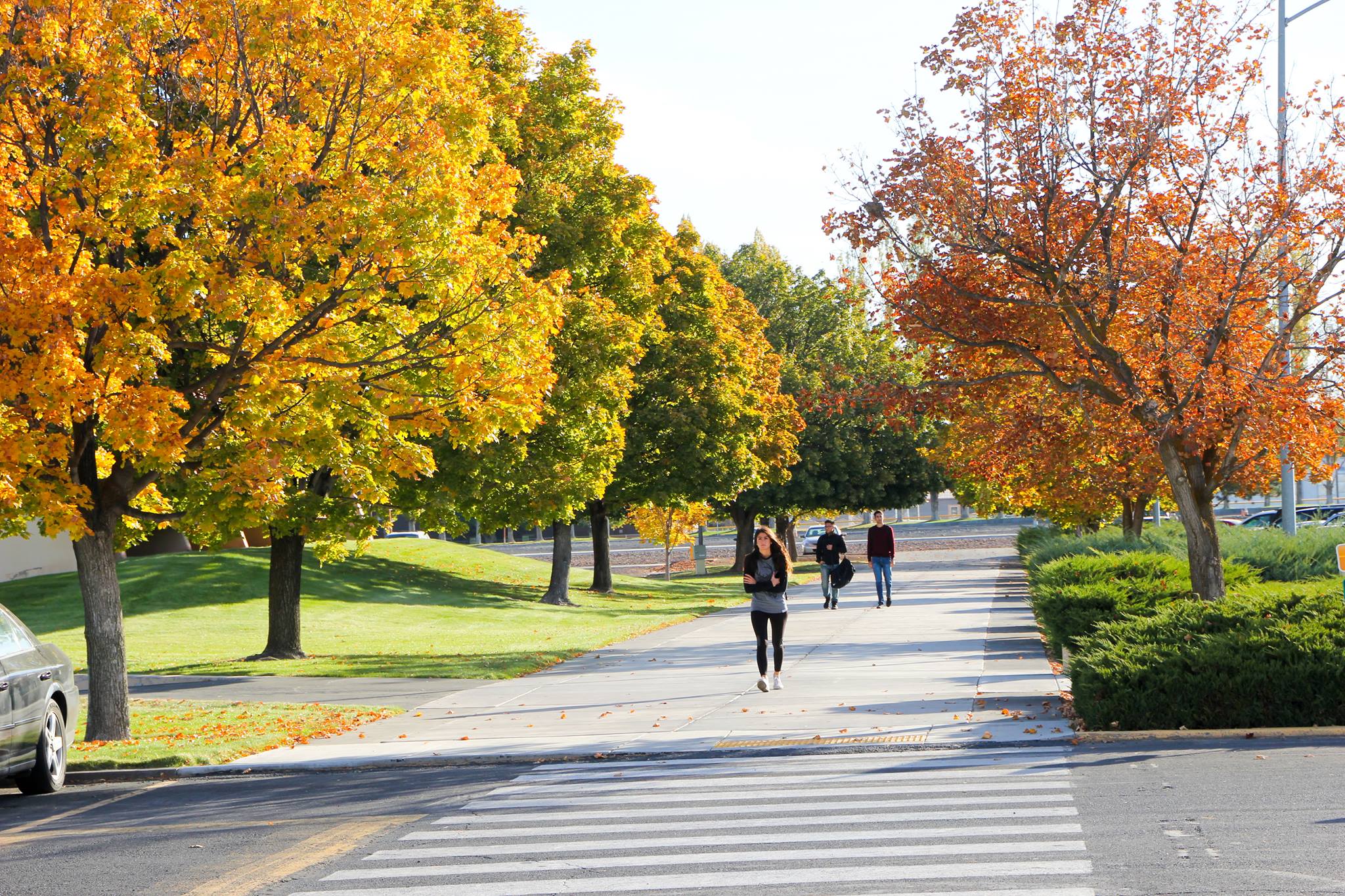Criminal Justice AAS-T map
DEGREE REQUIREMENTS
Criminal Justice Requirements:
General Education Requirements:
Criminal Justice Program Approved Electives:
Total Credits Required: 90
Suggested Schedule and checklist
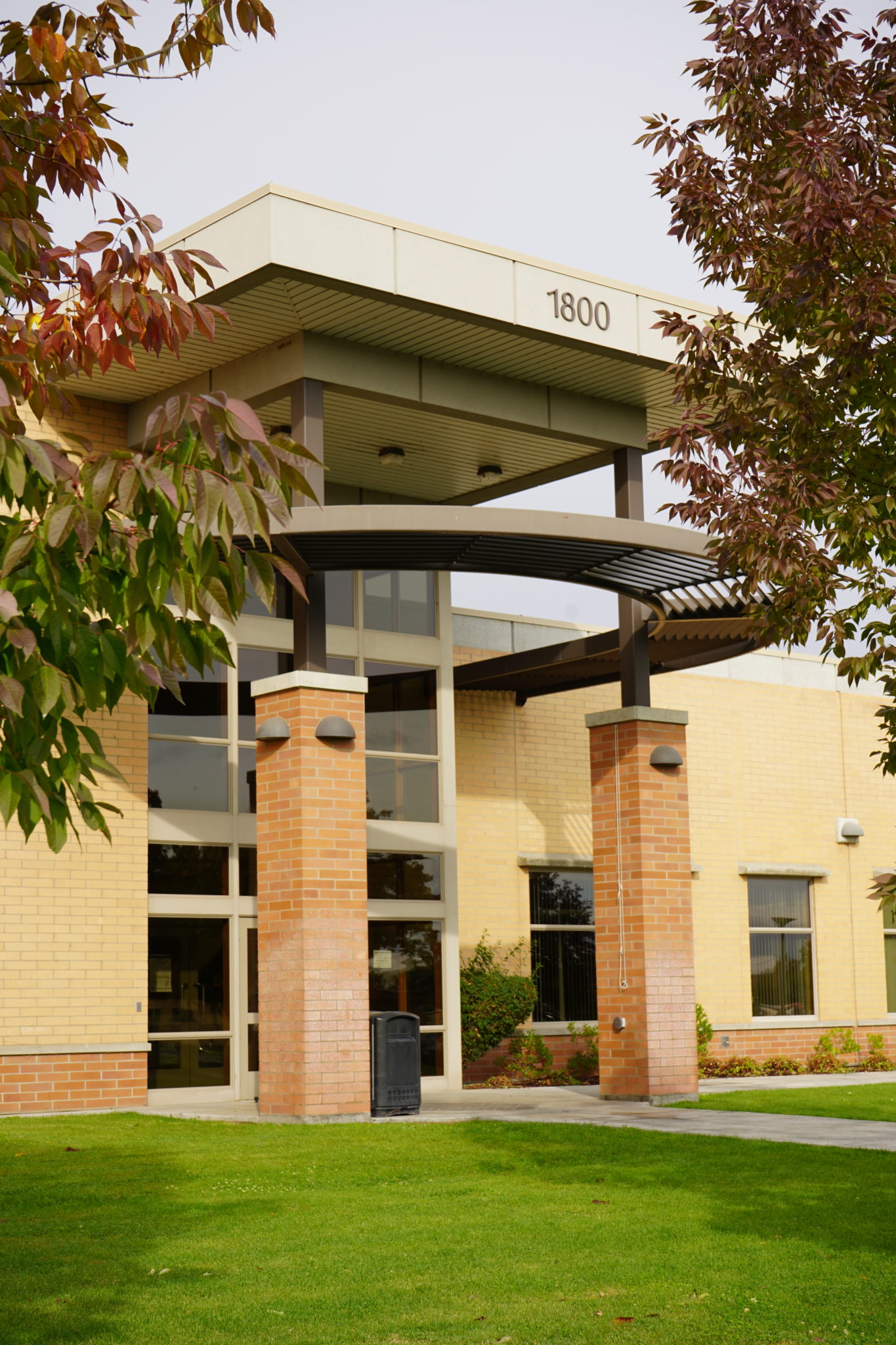
Suggested Schedule:
- CJ& 105 Introduction to Corrections
- CMST&210 Interpersonal Communications OR CMST&220 Public Speaking
- ENGL& 235 Technical Writing
To Do:
- Make an education plan with your advisor
- Apply for BBCC Foundation Scholarships
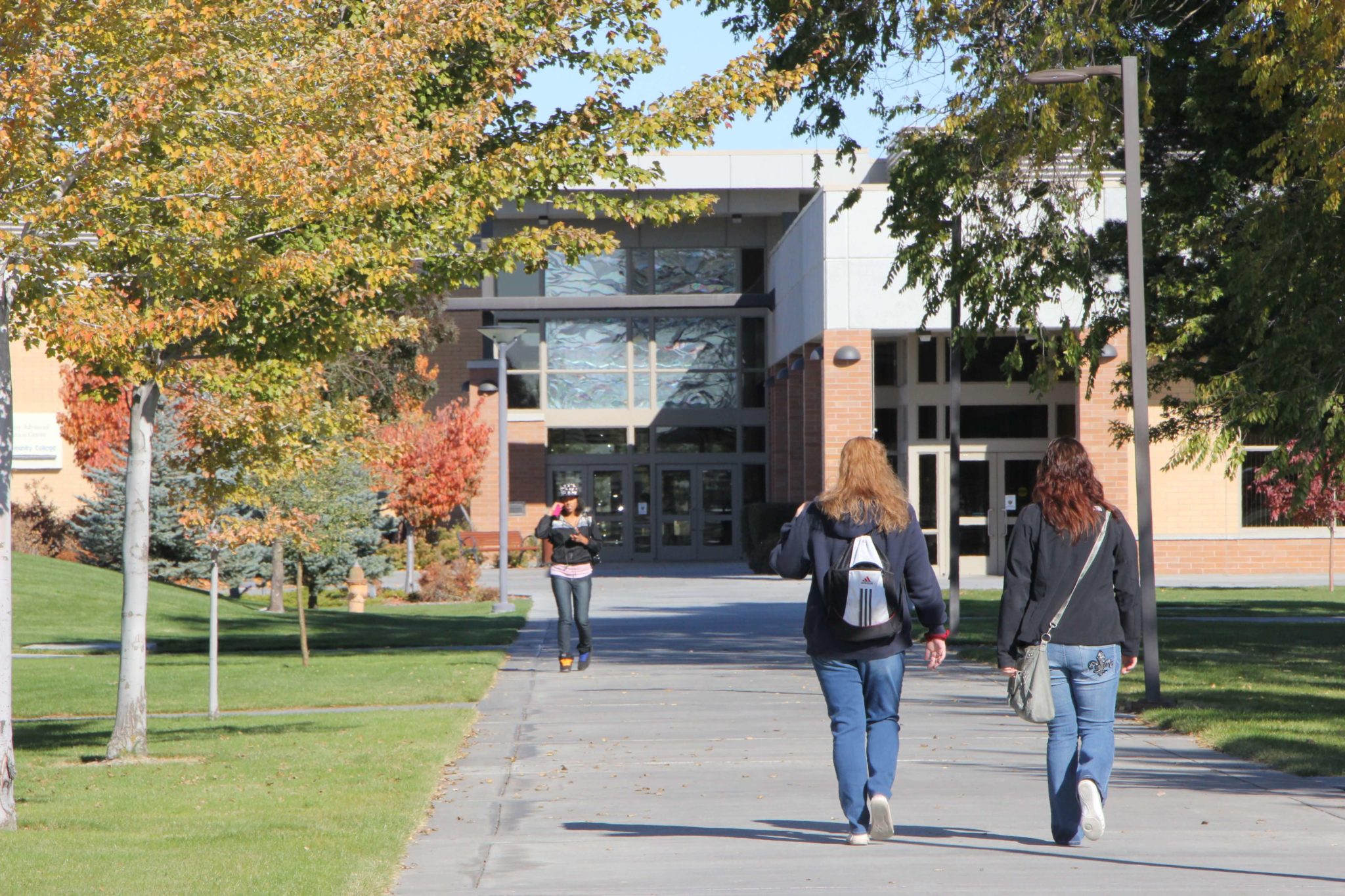
Suggested Schedule:
- CJ 217 Advanced Report Writing
- CJ Approved Elective
- FAD 150 Industrial First Aid
- PEH Activity Course
- PSYC&100 General Psychology OR SOC&101: Intro to Sociology
To Do:
- Meet with your advisor
- Seek out job shadowing opportunities or internships
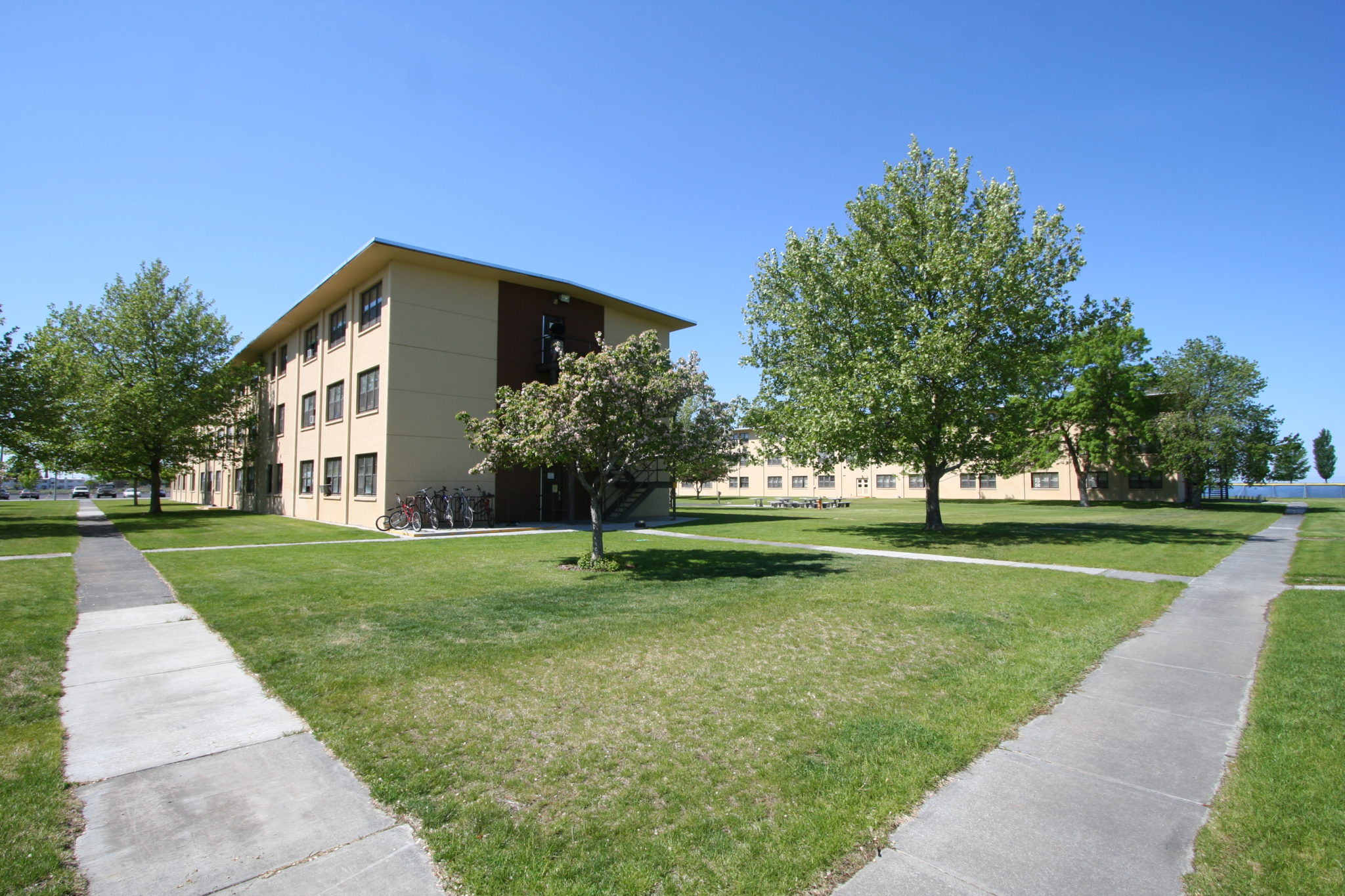
Suggested Schedule:
- CJ 210 Introduction to American Policing
- CJ Approved Electives
- PEH Activity Course
To Do:
- Update your education plan with your advisor
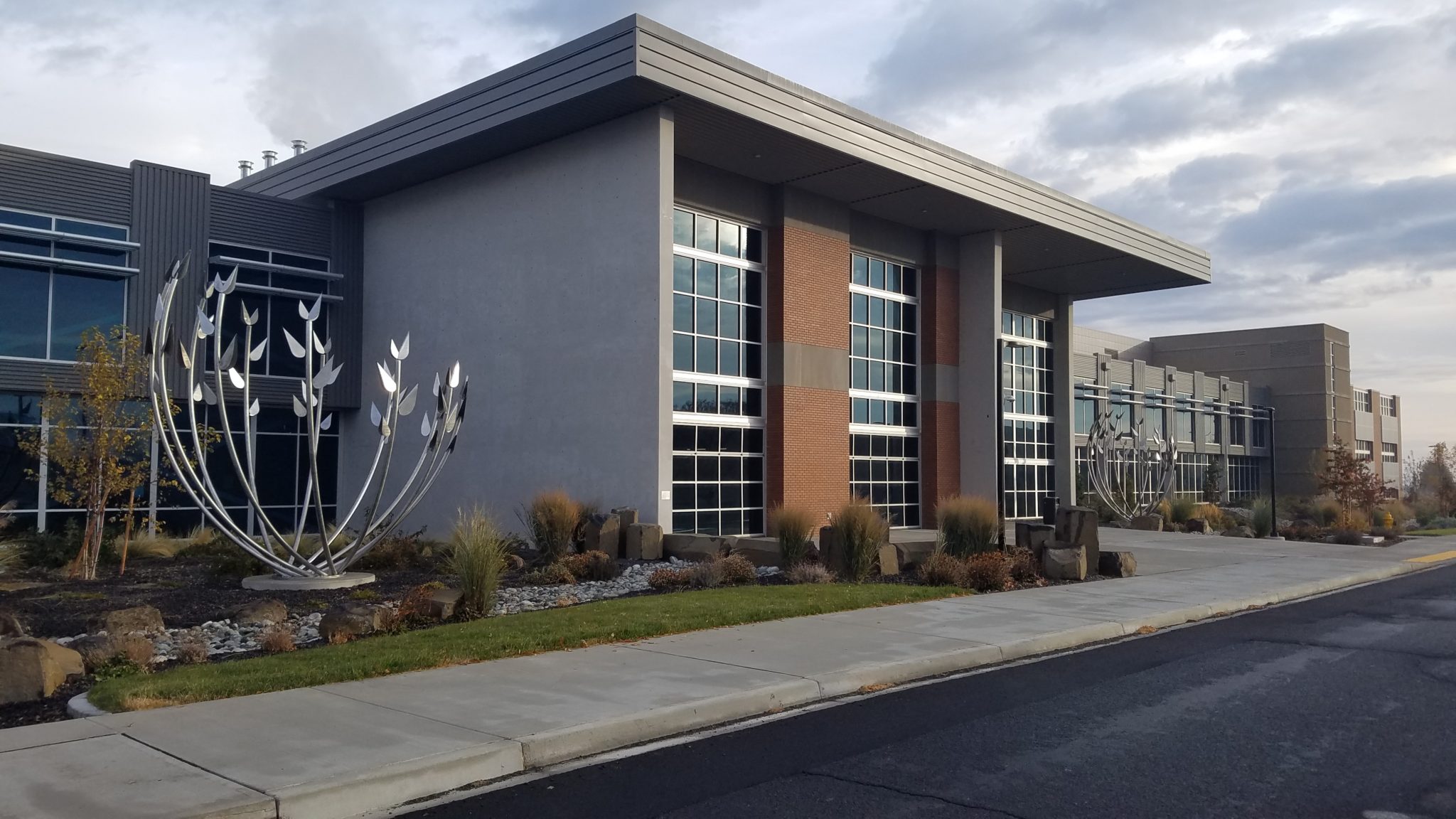
Suggested Schedule:
- CJ&106 Juvenile Justice
- CJ&110 Criminal Law
- CJ Approved Electives
To Do:
- Apply for graduation (After enrolling in your final quarter of classes)

Suggested Schedule:
- CJ Approved Electives
- PEH Activity Course
To Do:
- Order cap and gown
- Attend graduation
- Explore employment opportunities
Criminal Justice (AAS-T) Pre-Requisite Flow Chart
Start by meeting with your advisor to determine which course to take first based on your placement scores.
Math Pathway
DVS 080: College Transitions Math → MATH 094: Intro to Algebra → MATH 098: Intermediate Algebra I → MATH&107: Math in Society or MATH&146: Intro to Statistics
Chemistry Pathway
MATH 094: Intro to Algebra → Chem&105: Chemical Concepts
MATH 098: Intermediate Algebra I → CHEM&121: Intro to Chemistry
English Pathway
ENGL 99: English Skills + CSS 106: Reading Skills → ENGL&101:Composition I → ENGL&235: Technical Writing (W, Sp) → CJ 217: Advanced Report Writing (Sp)
Psychology Pathway
PSYC&100: General Psychology → PSYC&200: Lifespan Psychology or CJ 209: Police Psychology
Criminal Justice Pathway
CJ&101: Intro to Criminal Justice → CJ&105: Intro to Corrections (Sp) or CJ&106: Juvenile Justice (W) or CJ&110: Criminal Law (W) or CJ 203: Leadership & Admin or CJ 210: Intro to American Policing (F) or CJ 215: Criminal Law
KEY: F = Fall, W = Winter, Sp = Spring, Su = Summer
- Meet with your advisor each quarter to make sure you are on track!
- Instead of 3, 1-credit PEH activity courses you can take PEH 100 (3-credits)
Fall, Winter, Spring, or Summer
Courses are offered on-campus, online, or hybrid (part on-campus, part online). This program is offered on campus or hybrid.
90 Credits = 6 Quarters* if you take 15 credits each quarter
*Your specific route may take longer than 6 quarters depending on the number of credits you take each quarter and where you start in your math and English pathways.
The Criminal Justice Workforce Program is designed to develop the proficiencies and skills necessary to obtain entry-level employment in Criminal Justice related career paths. Job possibilities after completing this degree include but are not limited to entry-level police officer, corrections officer in a prison or jail, or other criminal justice job that requires a 2-year degree or less.
While this degree is not a transferrable degree, it does begin to prepare students to continue their education with Bachelors degrees in Criminal Justice or Law and Justice. Students may also choose to pursue Master’s or Doctoral degrees in Criminal Justice, Law and Justice, or attend Law School.
Find Out Morekajae@bigbend.edu
For BEdA Students
To learn more, select from:
Transition to College (new link)
- Attend your orientation and enroll in your 1st quarter classes
- GED & Placement assessments
- Enroll in a Beyond High School class:
- Identify intended pathway (college, military or employment)
- Update High School & Beyond Plan with your Ed Planner
- Meet with Outreach Staff
- Apply for Financial Aid with FASFA or WASFA application
- Research Scholarship/Grant Funding options
- WIOA partner funding applications
- Verify support access across campus
- Finish Graduation Plan
- Ensure placement completion
- Inquiry about college tuition waiver
- Finish High School & Beyond Plan
- Select college pathway course(s) with your Ed Planner
- Complete college course waiver [10 college credit max]
- Make certain funding is in place
- Finish High School credits
- You will complete these with your Ed Planner:
- Complete New Student Enrollment
- Apply for Graduation
- Get coupon to receive your graduation cap and tassel! And, checkout your graduation gown!
BEdA Pathway Course Options
- CMST& 210 – Interpersonal Communication OR CMST& 220 – Public Speaking (F, W, S)
- ENGL& 101 – English Composition I (F, W, S)
- Pre-Req: Placement exam or a grade of 2.0 or better in ENGL 099 or ENGL 094-BS/HU
- FAD 150 – Industrial First Aid and Cardio Pulmonary Resuscitation Plus Bloodborne Pathogens (F, W, S)
- MAP 117: Applied Math for Workforce Programs (F, W, S)
- Pre-Req: Placement into MAP117/MATH 094 or completion of DVS 080
- PSYC& 100 – General Psychology OR SOC& 101 – Intro to Sociology (F, W, S)
- CJ& 101 – Intro Criminal Justice (F, W, S)
- CJ 105 – Introduction to Corrections (S)
- MATH& 107 – Math in Society OR MATH& 146 – Introduction to Statistics (F, W, S)
- Pre-Req: MATH 98 or MAP 119 (5 credits) or placement in MATH 99/107/146 or higher
